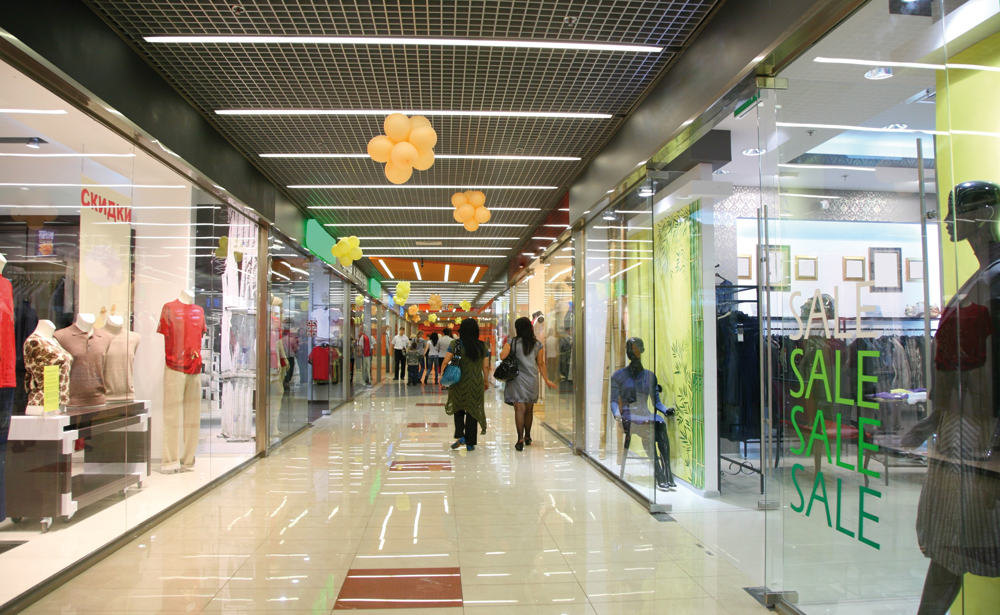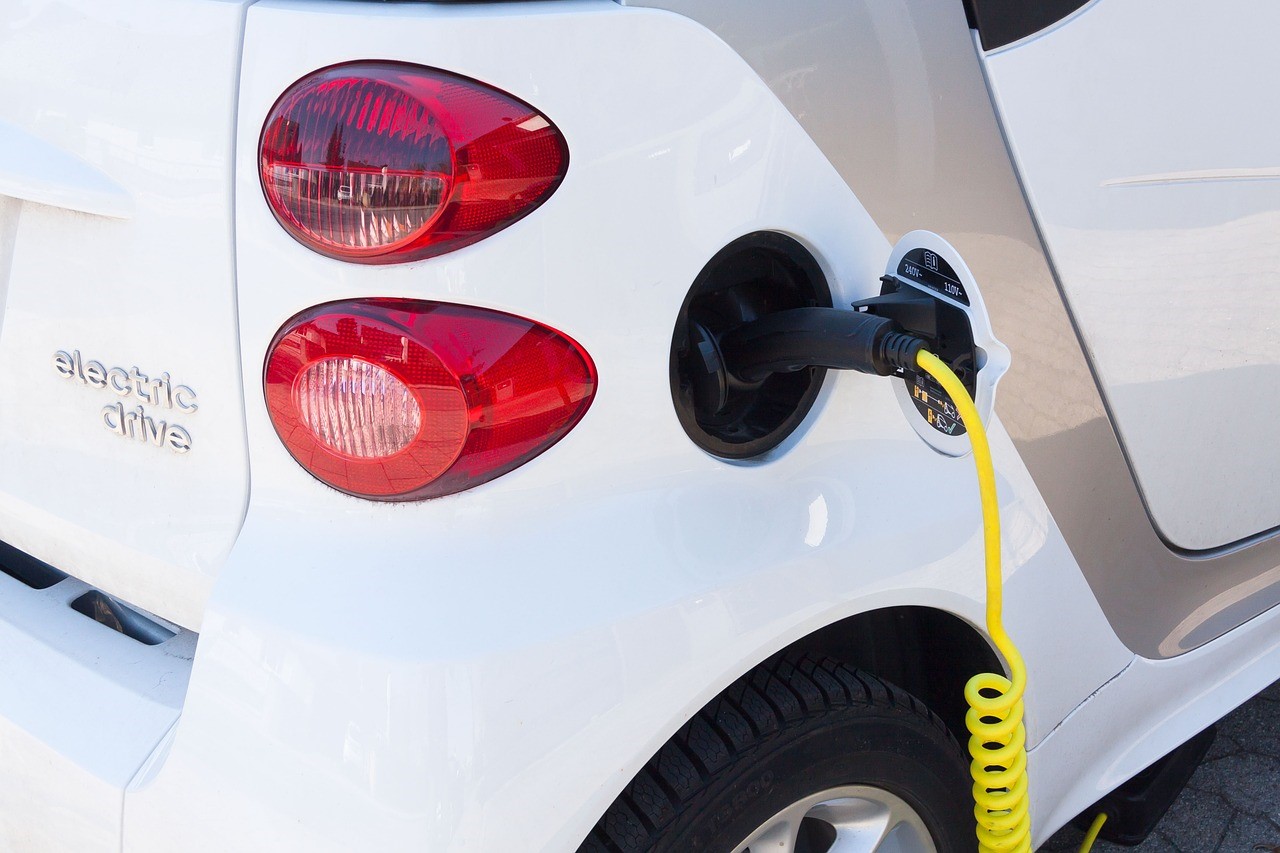
March 2024 continued the steady trend seen in February 2024, as both sales values (amount spent) and volumes saw no change on the month.
Within retail, sales were mixed, with automotive fuel and non-food stores sales volumes rising by 3.2% and 0.5%, respectively. This was offset by falls in food stores and non-store retailers of 0.7% and 1.5% respectively.
Looking at the quarter, sales volumes increased by 1.9% in the three months to March 2024 when compared with the previous three months. This was following low sales volumes over the Christmas period for retailers.
Automotive fuel sales volumes rose in March 2024 to reach their highest index level since May 2022. Retailers reported that this rise was linked to increased footfall on their forecourts.
Non-food stores sales volumes (the total of department, clothing, household and other non-food stores) rose by 0.5% over the month, with increased footfall reported by some retailers. Rises were seen in second-hand goods stores, hardware and furniture stores, and clothing stores.

Why Life Insurance Still Matters – Even During a Cost-of-Living Crisis
Sponsored by Post Office
‘Gloomier March than many expected’
Offsetting these rises, department stores, food stores and non-store retailing sales volumes all fell over the month, with retailers suggesting that increased prices were affecting consumer spending habits.
Nicholas Hyett, investment manager at Wealth Club, said: “Retailers had a gloomier March than many expected, and overall sales remain 1.2% below their pre-Covid peak.
“Department stores remain an area of particular weakness; not good news for John Lewis, which announced it would not be paying its regular staff bonus for the second year in a row during the month. However, high-street shops more broadly have actually performed better; it’s food retail and online shopping that have held back growth.
“The disappointing numbers will fuel speculation that the Bank of England will consider interest rate cuts this summer, though are not poor enough to necessitate a move. It leaves the UK a little limbo once more.”
‘Economy is once again flatlining’
Danni Hewson, head of financial analysis at AJ Bell, said: “Households have become more switched on to their personal finances over the past couple of years as the cost-of-living crisis stretched budgets to the limit. Inflation may have cooled significantly and the first of those National Insurance cuts has made it into workers’ pay packets, but people are still feeling the pinch.
“The big push to get more people back in offices coupled with train strikes and lengthening days has pushed people back into their cars and more frequently to the forecourt. With more people on the roads, footfall in towns and cities has been boosted, but the end of post-Christmas sales has meant less of those shoppers ended up in department stores.
“It’s no surprise that furniture sales were up in March when you consider the flurry of ‘for sale’ signs that went up outside homes just before the Easter break. And hope that the rain will finally stop soaking us all has tempted some shoppers to refresh their wardrobes with a spot of spring colour. But this is a sector stuck in the doldrums, and these figures suggest that rather than surging out of recession the economy is once again flatlining.”




